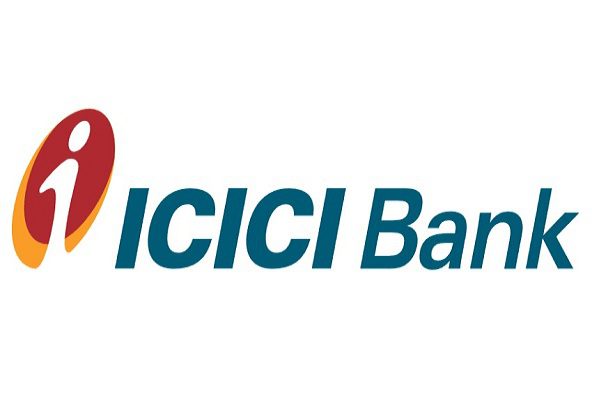Retirement, a phase of life often associated with leisure, relaxation, and the pursuit of personal passions, is a culmination of years of hard work, dedication, and financial planning. However, the path to a comfortable and fulfilling retirement is not without its challenges. With rising living costs, increasing healthcare expenses, and the uncertainty of future economic conditions, careful planning and proactive financial decisions are essential to ensure financial security in the years to come.

1. Start Early: The Power of Compound Interest
The magic of compound interest is perhaps the most compelling reason to start planning for retirement early. Compound interest, the process of earning interest on both your initial principal and the accumulated interest from previous years, allows your savings to grow exponentially over time. The earlier you begin saving, the more time your money has to compound, generating a significant nest egg for your retirement years.
2. Estimate Your Retirement Needs
A crucial step in retirement planning is determining your retirement expenses. This involves assessing your current lifestyle and factoring in potential changes in your living costs, healthcare needs, and travel aspirations. Having a clear understanding of your financial obligations will guide your savings goals and investment decisions.
3. Explore Pension Plans
Many employers offer pension plans, retirement savings plans sponsored by the company that provide a regular income stream during retirement. These plans often come with tax benefits and employer contributions, making them a valuable component of retirement planning. Investigate your employer’s pension plan and understand its eligibility requirements, contribution options, and vesting schedules.
4. Understand the 4% Rule
The 4% rule, a retirement withdrawal strategy, suggests that retirees can safely withdraw 4% of their retirement savings in the first year of retirement and then adjust subsequent withdrawals based on inflation. This rule, while not a guarantee, provides a framework for managing retirement income to ensure it lasts throughout your retirement years.
5. Develop a Diversified Investment Plan
Investing your retirement savings is crucial for growth and wealth accumulation. However, investing involves risk, and it’s essential to strike a balance between potential returns and risk tolerance. A diversified investment portfolio, spread across different asset classes such as stocks, bonds, and real estate, can help mitigate risk while providing opportunities for growth. Seek guidance from a financial advisor to develop an investment plan tailored to your individual circumstances and risk profile.
Retirement planning is a journey, not a destination. It requires ongoing evaluation, adjustments, and a commitment to financial discipline. By implementing these effective strategies, you can embark on this journey with confidence, knowing that you are taking proactive steps to secure your financial future and embrace a fulfilling retirement.
As a financial advisor, I’m passionate about helping individuals and families achieve their retirement goals. With careful planning, informed decisions, and a personalized approach, you can secure a comfortable and fulfilling retirement.













